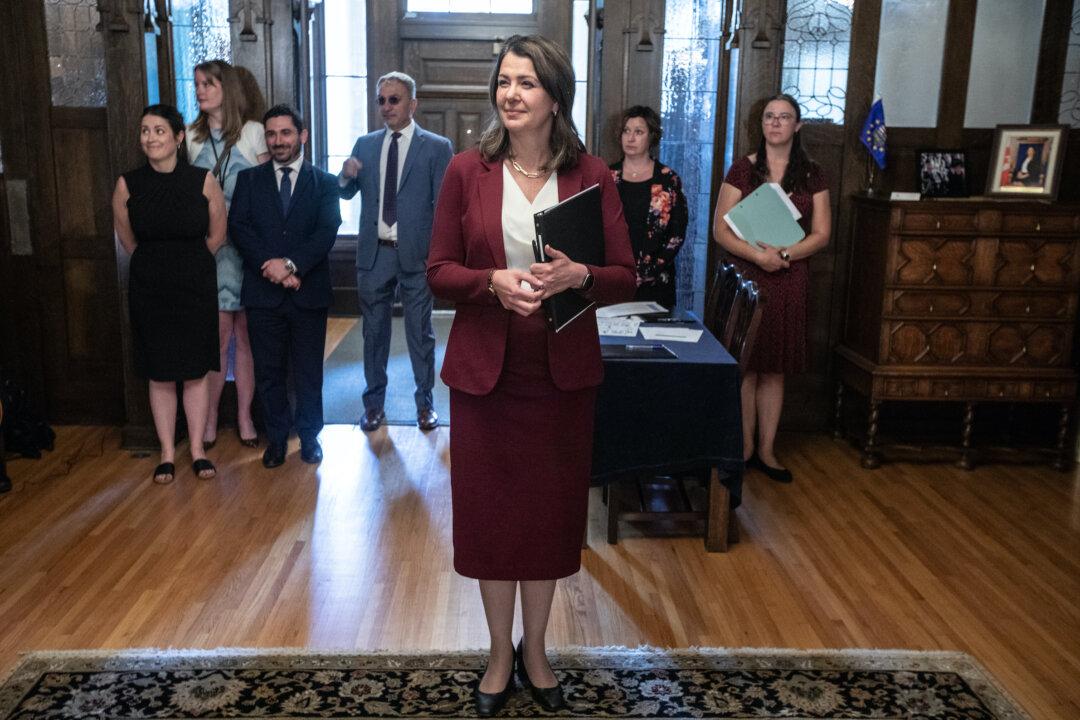The month after becoming Alberta premier in October 2022, when she won the United Conservative Party (UCP) leadership race, Danielle Smith dismissed the entire Alberta Health Services board and appointed a single administrator to allow health-care reform to be implemented more quickly.
The urgent priorities identified for Dr. John Cowell included improving wait times and consulting with front-line workers and others on long-term reforms.





